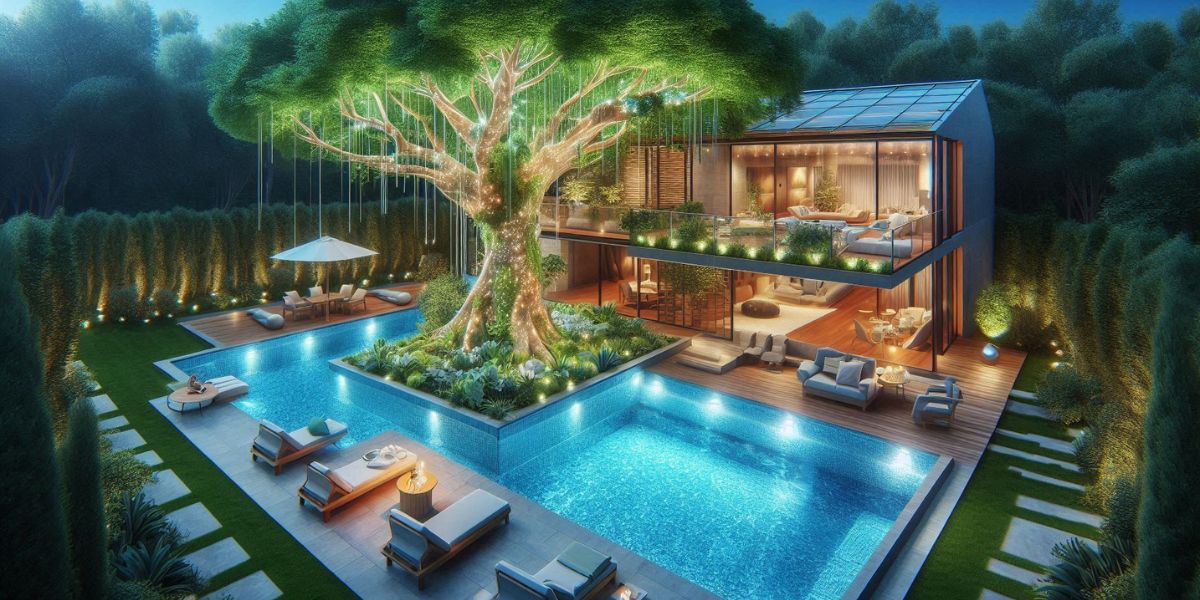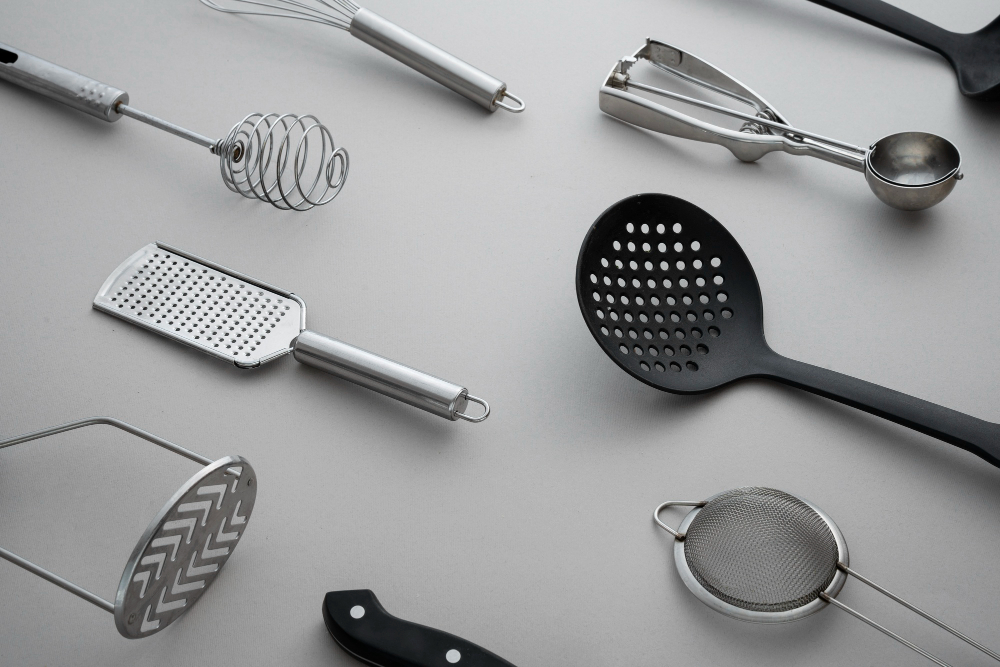Choosing the right swimming pool for your backyard is a big decision. With so many options available, it’s essential to consider the benefits of each type of pool. Fiberglass pools are becoming more popular due to their many advantages over traditional options such as concrete and vinyl liner pools.
Whether you’re looking for something low-maintenance, durable, or energy-efficient, fiberglass pools could fit you.
8 Benefits of Fiberglass Pools Over Traditional Options
There are several factors to consider when comparing fiberglass pools to traditional pool options. Below, we dive into the key benefits that fiberglass pools offer:
- Faster Installation
Concrete pools require an extended installation process. They must be custom-built on-site, which involves excavation, plumbing, and concrete curing time. This process can take several months before the pool is ready to use.
Fiberglass Solution: Fiberglass pools come pre-manufactured in a mold, allowing for much faster installation. The pool shell is delivered to your property and can typically be installed in 1-2 weeks. This means less disruption to your home and yard, and you can enjoy your pool much sooner.
- Durability
Concrete pools are susceptible to cracking, especially in areas with shifting soil or extreme weather conditions. Over time, the weight of the earth around the pool can cause stress, leading to cracks that can be costly to repair.
Fiberglass Solution: Fiberglass pools are designed to be flexible and durable. The strong fiberglass material can withstand the pressure from the surrounding soil without cracking, making fiberglass pools less likely to suffer from the same issues as concrete pools. They offer long-lasting durability with minimal risk of damage.
- Low Maintenance
Concrete and vinyl-lined pools require frequent maintenance. The rough surfaces of concrete pools breed algae, which requires regular cleaning and chemical treatments. Vinyl-lined pools also need to be replaced every 7-10 years.
Fiberglass Solution: The smooth, non-porous surface of fiberglass pools prevents algae from sticking to them, making them easier to clean and maintain. As a result, fiberglass pools require fewer chemicals and less cleaning. Additionally, unlike vinyl pools, fiberglass pools don’t have the issue of liner replacement, reducing long-term maintenance costs.
- Energy Efficiency
Both concrete and vinyl liner pools typically have rough, porous surfaces, which means they lose heat more quickly. As a result, pool owners often need to use additional heating systems to maintain a comfortable water temperature, leading to higher energy costs.
Fiberglass Solution: Fiberglass pools have smooth, insulated surfaces that retain heat more effectively. This means your pool stays warmer for longer, reducing the need for additional heating systems. As a result, fiberglass pools are more energy-efficient, saving you money on heating and energy bills over time.
- Longer Lifespan
Concrete pools may need to be resurfaced every 10-15 years as the surface can wear down or become rough. Vinyl liners typically require replacement every 7-10 years, which can be expensive and time-consuming.
Fiberglass Solution: Fiberglass pools are built to last. The durable fiberglass shell does not require resurfacing or liner replacement, making it a more cost-effective option in the long run. With proper care, a fiberglass pool can last 25 years or more, providing peace of mind for pool owners looking for a long-term solution.
- Customization Options
Concrete pools can be customized in shape and size, but the process is labor-intensive and expensive. Vinyl pools are less flexible in design and are often limited to preset shapes and sizes.
Fiberglass Solution: Fiberglass pools come in various pre-molded shapes, sizes, and designs. While the options are pre-designed, many fiberglass pool manufacturers offer customization options such as water features, LED lighting, and tile finishes. This allows homeowners to create a unique pool design that fits their backyard layout and personal preferences.
- Resistant to Chemicals and Weather Conditions
Concrete pools are vulnerable to damage from pool chemicals. The harsh chemicals that maintain water balance can erode the pool’s surface over time, requiring costly repairs. Concrete pools crack more easily in freezing temperatures, especially in colder climates.
Fiberglass Solution: Fiberglass pools are resistant to chemical damage and weather conditions. The material does not degrade when exposed to harsh pool chemicals and holds well in freezing temperatures. This makes fiberglass pools an excellent choice for homeowners in areas with extreme weather or frequent chemical treatments.
- Cost-Effective Over Time
While vinyl-lined pools have a lower initial cost than fiberglass or concrete pools, they require frequent liner replacement. Concrete pools, however, can be expensive due to resurfacing and repair needs.
Fiberglass Solution: While fiberglass pools may be slightly higher upfront than vinyl pools, they offer long-term cost savings. With fewer maintenance and repair needs, fiberglass pools are more cost-effective in the long run. Their durability, low maintenance, and energy efficiency make them a better value overall.
In The End!
Fiberglass pools offer advantages over traditional options such as concrete and vinyl pools. For those needing a reliable and efficient swimming pool, choosing a fiberglass pool can help avoid the common issues with traditional pool types.
If you’re considering a new pool for your backyard, Hydroscapes, OK is a trusted swimming pool company that can guide you in choosing and installing the perfect fiberglass pool. Their expert team ensures a seamless installation process and provides ongoing support to keep your pool in excellent condition for years.




